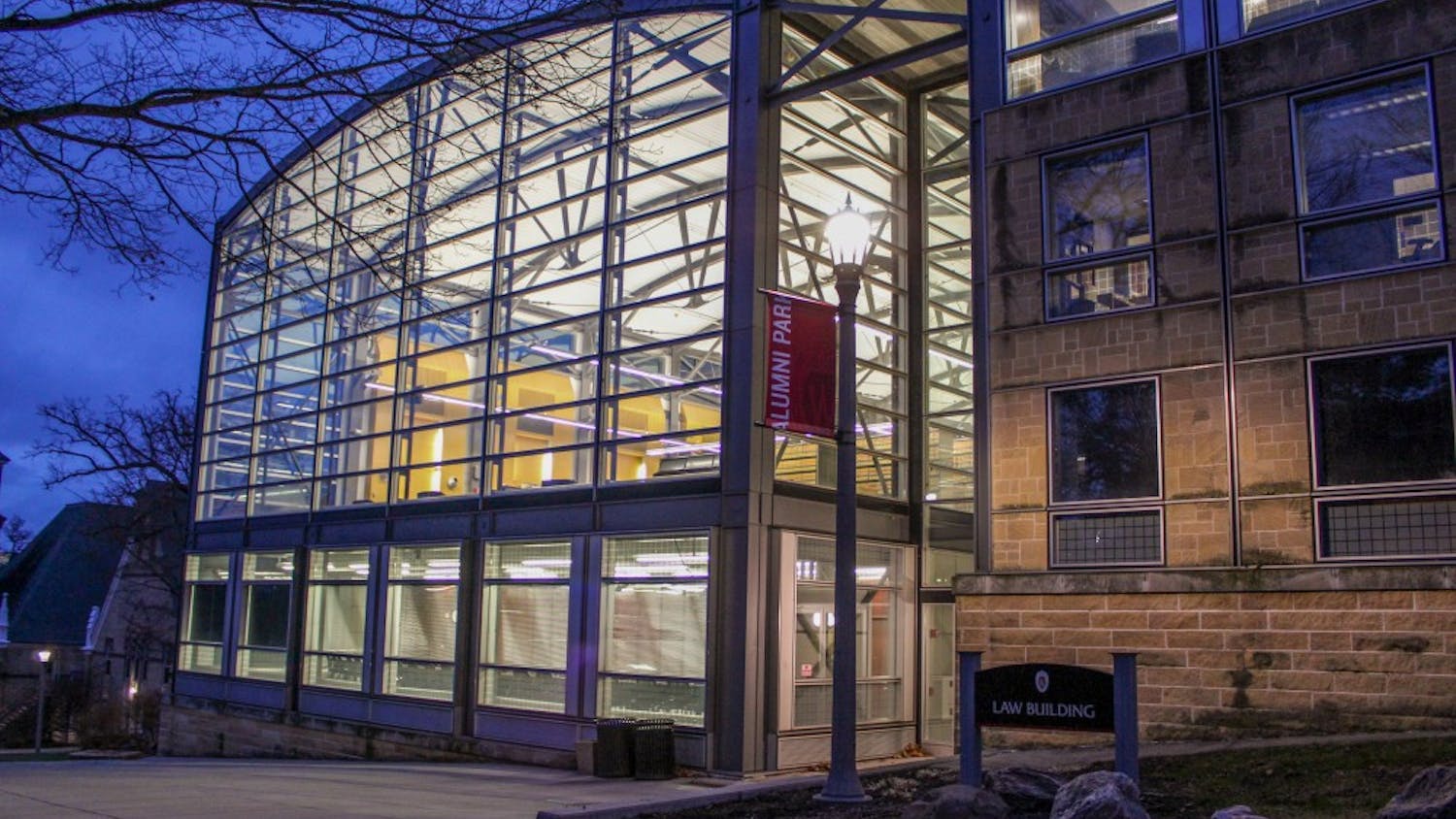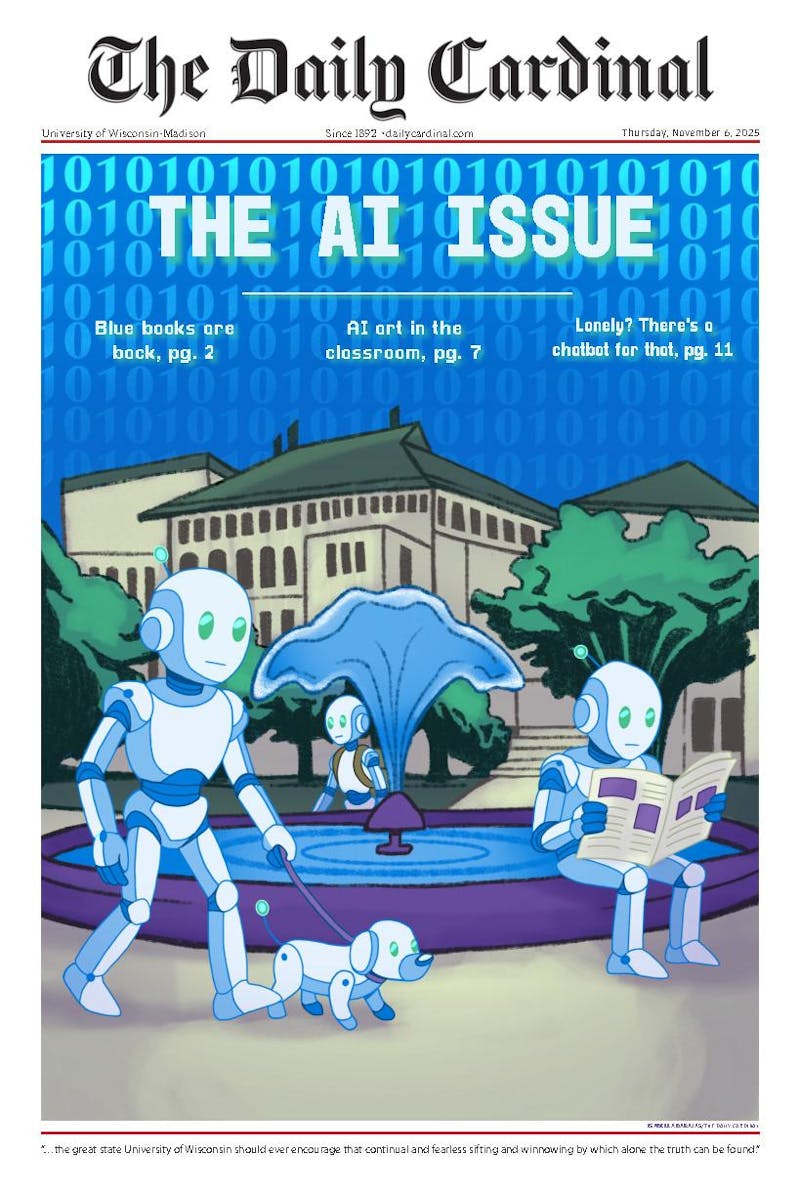We are privileged at UW-Madison because our post-secondary education is enhanced daily by an intellectual, political and physically appealing environment. However, this does not hinder us from choosing to explore the education, culture and landscapes of universities in countries where study abroad programs are available.
In light of the reinstatement of the study abroad program in Israel, Madison students again have the opportunity to reap the benefits of one of the most intellectually and aesthetically pleasing campuses around. The Hebrew University in Jerusalem rests on top of Mount Scopus. The rolling expanses of the Judean hills and the Jordanian mountains rising out of the Eastern horizon are harmonized by the ancient magnificence of the Old City of Jerusalem. This positions one perfectly in the spiritual center for Judaism, Christianity and Islam. The surroundings, however, only amplify the beauty of the campus itself. The subtle gold of the Jerusalem stone gleams against the sun, complimenting the many beds of indigenous flowers that accent the academic buildings.
As overwhelming as the historical impact and physical beauty may be, nothing is more important than what this institution represents. As a secular university, it is an institution that allows students of all backgrounds to join together for the common goal of education.
Israel's universities are the only universities in the Middle East where Arabs and Jews study together-anything from economics to the origins of Islam to Biblical historiography. Palestinian President Mahmoud Abbas and Israeli Prime Minister Ariel Sharon's discussions over the past weeks have added a new hope for change and stability. Their negotiations mark the first time in four years that representatives from Palestine and Israel have met to work for a genuine peace.
However, for the Israelis and Arabs studying at Hebrew University in Jerusalem, this is far from novel, and nothing groundbreaking-their academic experience at Hebrew University as classmates has existed since the university's inception. Now, because the University of Wisconsin has re-evaluated the security situation and deems it safe to study at the most prestigious academic institution in the Middle East, Madison students have the opportunity to take part in this uniquely stimulating academic and cultural experience.
Despite all this, in a time when peace is viable and both parties are working together, we still have people sitting on the fringe, the radicals trying to permeate turmoil and misrepresent both sides in the interest of their own egos and the excitement of controversy. There are currently students who are speaking out against the University of Wisconsin's decision to re-introduce this program. They have the right to disagree and be heard; no one is disputing that. However, instead of perpetuating the uncomfortable tension between Arabs and Jews in the Middle East and on campus, maybe it would be far more effective for this small group of people to join the mainstream activists and work toward a more sustainable peace. Hopefully, through continued work and dialogue, some day they too will see that this is a worthy and exciting opportunity for all students, regardless of their nationality, religion or country of origin.
Seth Feldman is a sophomore majoring in philosophy and political science. Abbie Steiner is a freshman majoring in political science. Both students are board members of Madison Israel Public Affairs Committee.





